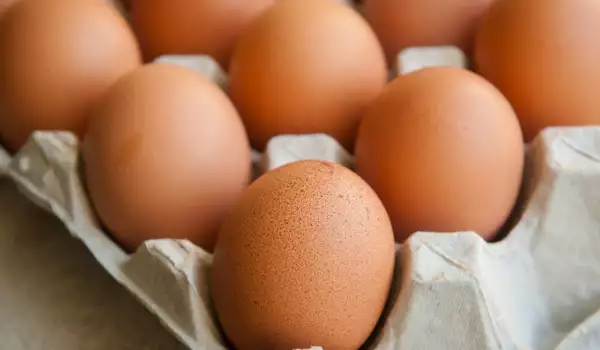Eggs are a super healthy food for people of all ages. They are the main source of complete protein. The yolk is a combination of vitamins A, D, E, B2 and mineral salts.
They have the disadvantage, that they are easily spoiled from the decomposition of the egg white and the formation of hydrogen sulfide and other compounds that irritate the digestive organs and liver.
In addition, salmonella bacteria can easily get through the egg shell and infect eggs, especially duck eggs.
Eggs are best preserved by keeping them in a cold room or refrigerator.
Depending on the shelf life and quality, hen's eggs are divided into 2 types. The first are eggs whose shelf life does not exceed 7 days, excluding the day of laying, which are marked.
The second type - includes eggs whose shelf life does not exceed 25 days from the day of sorting, not counting the day of laying.
Eggs can be stored in refrigerators for no more than 120 days at a temperature of 0 to 2°C
Before you buy eggs, you need to pay attention to their appearance. The shell must be free of blood or faeces and there must be no cracks. The presence of small stains and streaks, which have appeared during the transportation of the product is allowed.
If raw eggs are purchased in a supermarket, then the packaging must contain information about the expiration dates and as a rule, eggs are stored in a special refrigerated display case.
If the eggs are from a farm, then they may be fresher than those in the store, but no one gives any guarantees for their quality.
Be sure to wash hen eggs, as well as duck or quail eggs just before cooking to prolong their freshness.



















Comments